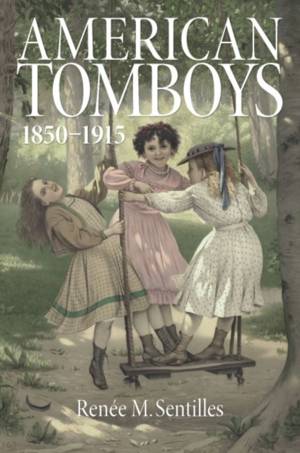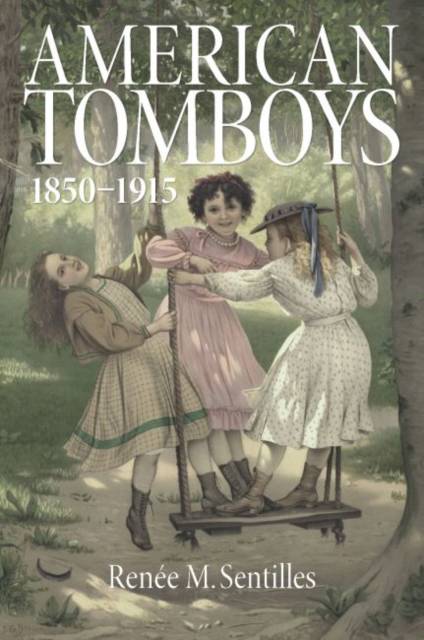
- Afhalen na 1 uur in een winkel met voorraad
- Gratis thuislevering in België vanaf € 30
- Ruim aanbod met 7 miljoen producten
- Afhalen na 1 uur in een winkel met voorraad
- Gratis thuislevering in België vanaf € 30
- Ruim aanbod met 7 miljoen producten
Zoeken
Omschrijving
A lot of women remember having had tomboy girlhoods. Some recall it as a time of gender-bending freedom and rowdy pleasures. Others feel the word is used to limit girls by suggesting such behavior is atypical. In American Tomboys, Renée M. Sentilles explores how the concept of the tomboy developed in the turbulent years after the Civil War, and she argues that the tomboy grew into an accepted and even vital transitional figure. In this period, cultural critics, writers, and educators came to imagine that white middle-class tomboys could transform themselves into the vigorous mothers of America's burgeoning empire. In addition to the familiar heroines of literature, Sentilles delves into a wealth of newly uncovered primary sources that manifest tomboys' lived experience, and she asks critical questions about gender, family, race, and nation. Beautifully written and exhaustively researched, American Tomboys explores the cultural history of girls who, for a time, whistled, got into scrapes, and struggled against convention.
Specificaties
Betrokkenen
- Auteur(s):
- Uitgeverij:
Inhoud
- Aantal bladzijden:
- 278
- Taal:
- Engels
- Reeks:
Eigenschappen
- Productcode (EAN):
- 9781625343208
- Verschijningsdatum:
- 23/02/2018
- Uitvoering:
- Paperback
- Formaat:
- Trade paperback (VS)
- Afmetingen:
- 150 mm x 226 mm
- Gewicht:
- 408 g

Alleen bij Standaard Boekhandel
+ 67 punten op je klantenkaart van Standaard Boekhandel
Beoordelingen
We publiceren alleen reviews die voldoen aan de voorwaarden voor reviews. Bekijk onze voorwaarden voor reviews.







